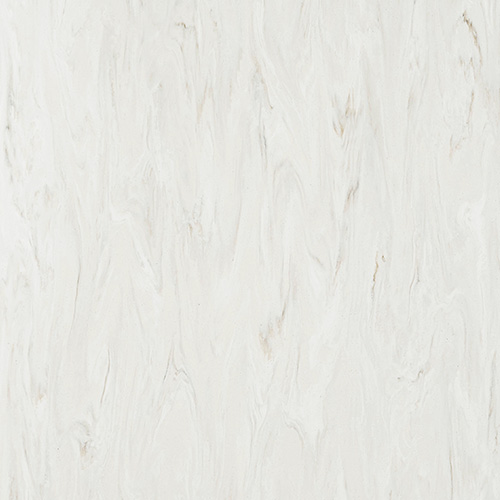
Artificial Stone plates, also known as engineered or composite stone, offer a durable and resilient surface that is generally resistant to wear and damage. However, like any material, their longevity and susceptibility to damage can depend on several factors, including the quality of the material, maintenance practices, and the specific conditions of use. Here's a closer look at the potential vulnerabilities and considerations:
1. Durability:
Artificial Stone plates are designed to be durable and long-lasting. They are engineered to resist impact, scratches, and normal wear and tear, making them suitable for various applications.
2. Stain Resistance:
High-quality Artificial Stone plates are often non-porous or have low porosity, making them resistant to stains from common household substances. Proper cleaning and maintenance can help preserve their appearance.
3. Heat Resistance:
While Artificial Stone is generally heat-resistant to a certain degree, it is recommended to use trivets or hot pads to protect the surface from direct heat sources, such as hot pots and pans.
4. Chemical Sensitivity:
Some artificial stone plates may be sensitive to harsh chemicals or acidic substances. Avoid using abrasive or acidic cleaners that could potentially damage the surface finish.
5. Impact and Chipping:
While artificial stone plates are designed to withstand impact, a heavy or sharp impact could potentially lead to chipping or cracking. Taking care to prevent dropping heavy objects onto the surface can help avoid damage.
6. Maintenance Practices:
Proper maintenance is crucial in preserving the appearance and integrity of artificial stone plates. Regular cleaning with mild, non-abrasive cleaners and avoiding harsh chemicals can extend their lifespan.
7. Seams and Joints:
In installations where artificial stone plates are joined or seamed, these areas could potentially be more vulnerable to damage over time. Properly sealed and maintained seams can minimize this risk.

In summary, artificial stone plates are designed to be durable and resistant to various forms of damage. With regular maintenance, proper care, and awareness of potential vulnerabilities, they can provide a reliable and attractive surface for a range of indoor applications. Choosing a high-quality product, following manufacturer guidelines, and using preventive measures can help minimize the risk of damage and ensure the long-term performance of artificial stone plates.